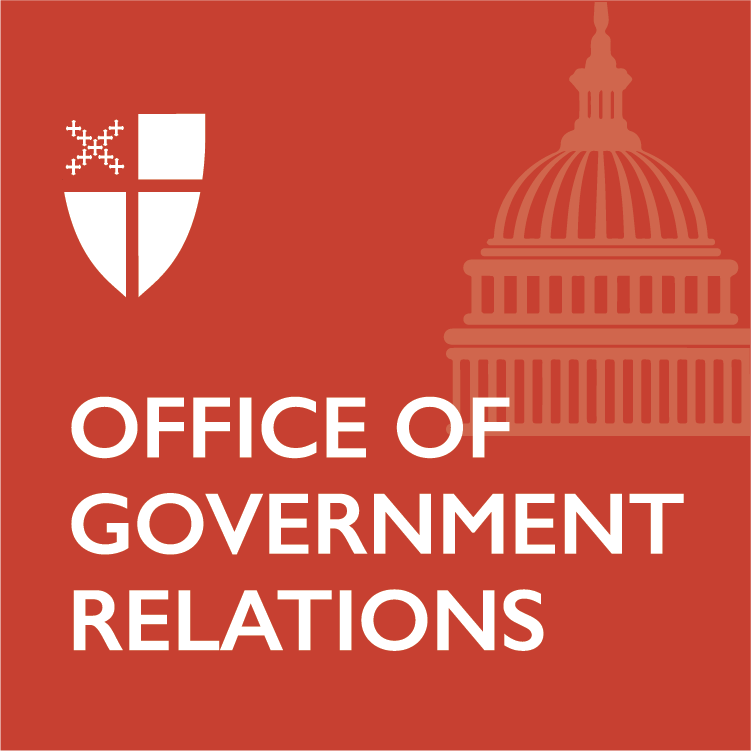O God, you made us in your own image and redeemed us through Jesus your Son: Look with compassion on the whole human family; take away the arrogance and hatred which infect our hearts; break down the walls that separate us; unite us in bonds of love; and work through our struggle and confusion to accomplish your purposes on earth; that, in your good time, all nations and races may serve you in harmony around your heavenly throne; through Jesus Christ our Lord. Amen. (Prayer for the Human Family, BCP p. 815)
Policy is Messy Both in Development and Outcome
Given the complexities and nuances of the many issues our government addresses, it is not always clear what is right or wrong, what is ethical, or what the actual consequences of a policy will be compared to what is intended.
Development of Policy or Legislation: The process of developing and passing new policy or legislation can be long and arduous. Most bills intersect with many facets of our government and society, and as such, those developing the legislation must consider a broad array of factors and issues. Lawmakers draw information from many areas, both in the public and private sectors, to make the most informed decisions possible.
This is particularly true when trying to forecast policy impacts on different populations, either in the present or the future. Take for example an infrastructure project like a new hydroelectric dam that displaces a small population and impacts a small area of land (arguably ethically wrong), but that provides increased electrical capacity and greater efficiency in the long run, leading to net economic growth and better care for the environment (arguably ethically good).
As we the general public debate and aim to shape policy, we should keep in mind how messy the development of it actually is.
Outcome: Sometimes the intent of policy or legislation can be good, but the outcome harmful—making the process even messier. We cannot predict the future with any great accuracy. Though we may enact policy rooted in the right values and with the right intent, the ultimate outcome can be vastly different from what lawmakers intended.
Here is an example: The 1933 Congressionally-established Soil Erosion Service (now under a different name and part of the U.S. Department of Agriculture), promoted kudzu1 as a means of soil erosion control across the Southeastern U.S. Though soil erosion is certainly an environmental protection issue, the focus at the time was an economic one, to protect the assets of Southern farmers. Today, as many in that part of the country know, kudzu is an incredibly harmful and invasive species that has killed off other plants and animal habitats as it spreads without any natural predator of disease or insect.
Of course, not all policy and legislation is as benign as a recommendation for kudzu. Consider weighing budget decisions among options to address present needs or reduce future risks—or decisions in national security and defense weighing options to act or not.
The morally correct path may not be clear here, as there can be morality and immorality in multiple solutions—and thus the importance of maintaining a focus on values and allowing for a creative space where a multitude of ideas may be presented, processed, understood and debated, in hopes of getting to the best solution.
Lord Jesus, who traveled with the disciples on the road to Emmaus: Be with us on the way, that we may know you in the scriptures, in the breaking of bread, and in the hearts of all whom we meet. Amen. (Saint Augustine’s Prayer Book, Forward Movement)
